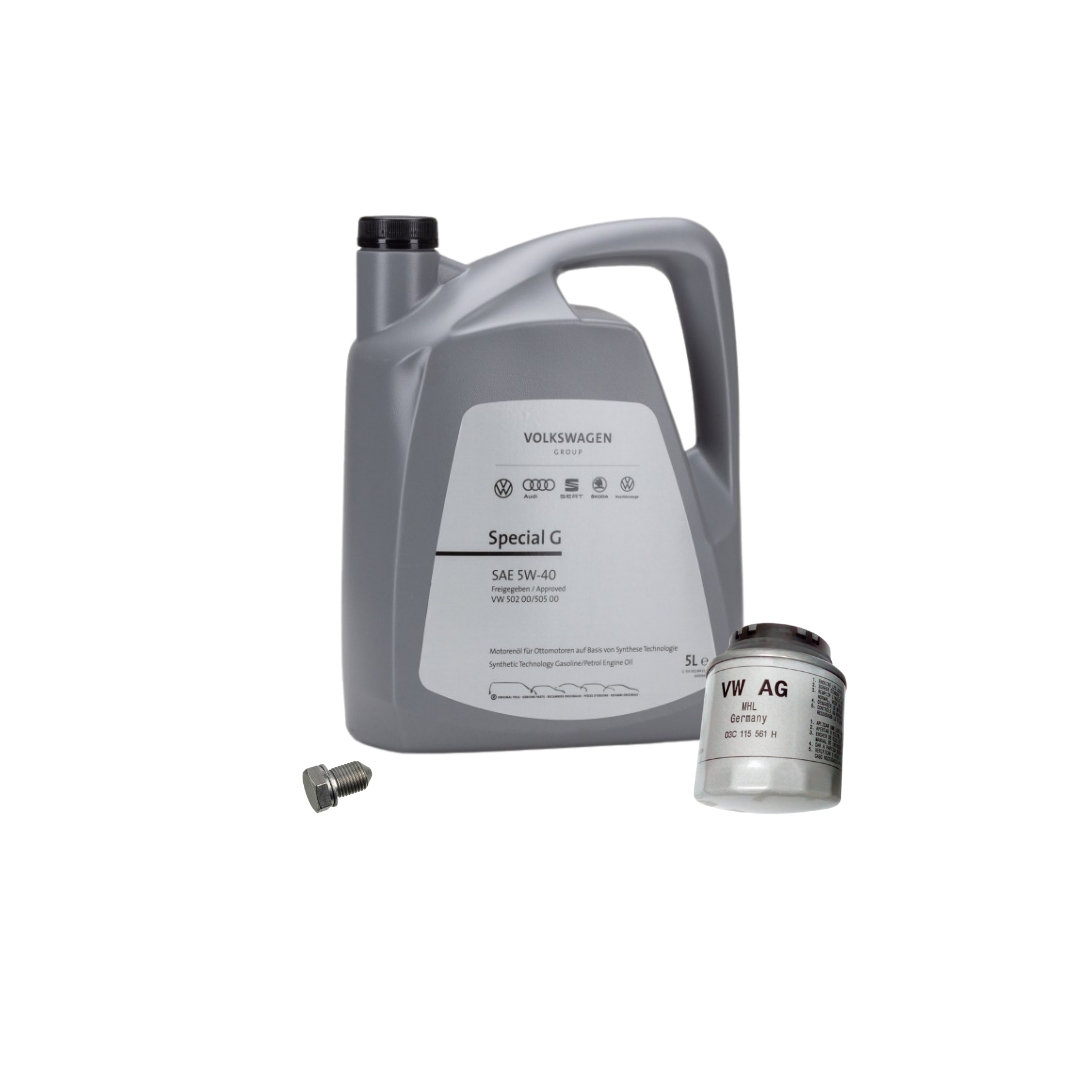Lower downtime by using a well-maintained clp engine.
Lower downtime by using a well-maintained clp engine.
Blog Article
Exactly How a Clp Engine Can Boost Effectiveness in Numerous Industries
The introduction of CLP engines marks a substantial shift in functional effectiveness throughout various fields, driven by their capability to optimize fuel intake and reduce downtime. Industries such as production and logistics stand to acquire substantially from their robust design and regular power result, which guarantee to streamline procedures and boost efficiency. As companies increasingly focus on sustainability alongside effectiveness, the duty of CLP engines becomes a lot more important. What remains to be seen is exactly how these innovations will form the future landscape of industrial operations and their effect on broader economic patterns (clp engine).
Review of CLP Engines
CLP engines, or Continuous Fluid Propellant engines, represent a significant advancement in propulsion technology, specifically for room applications. These engines use a constant feed system that enables the sustained expulsion of propellant, bring about boosted effectiveness and performance contrasted to standard solid or hybrid propulsion systems. By maintaining a consistent flow of liquid propellant, CLP engines can attain a lot more accurate thrust control, which is critical for steering spacecraft in various goal situations.
The style of CLP engines integrates advanced products and innovative gas administration systems. clp engine. This causes minimized weight and increased integrity, necessary aspects for long-duration area goals. Additionally, the continual procedure decreases the danger of burning instability, a common difficulty in standard rocket engines.

Benefits in Manufacturing
The manufacturing of Continuous Liquid Propellant (CLP) engines offers numerous remarkable advantages that enhance both efficiency and cost-effectiveness. Among the key advantages is the structured production process, which reduces the intricacy linked with typical propulsion systems. By making use of fluid propellant, makers can accomplish greater accuracy in engine efficiency, bring about enhanced energy output and lowered waste.
In addition, CLP engines assist in a higher level of modularity, enabling much easier integration into numerous manufacturing lines. This adaptability can significantly lower preparations and improve overall functional versatility. Making use of CLP technology likewise has a tendency to lessen the requirement for comprehensive upkeep because of less moving components, which equates into lowered downtime and operational costs.

Applications in Logistics
Leveraging Continuous Fluid Propellant (CLP) engines in logistics provides considerable benefits in operational effectiveness and dependability. These engines supply a durable option for different transportation requirements, enabling the seamless movement of goods across vast ranges. The inherent layout of CLP engines permits for regular power result, which equates into smoother and a lot more predictable transportation schedules.
Among the vital applications of CLP engines in logistics remains in durable freight transport, where they can drive both ground and airborne lorries. Their capability to preserve high performance under varying lots problems makes sure that shipment timelines are met, therefore boosting client complete satisfaction. Additionally, CLP engines can be incorporated into automated logistics systems, helping with real-time monitoring and optimizing path preparation.
Moreover, the toughness of CLP engines minimizes maintenance downtime, permitting logistics business to maximize their operational capabilities. This is particularly beneficial in warehousing operations, where performance in dealing with and delivering items is crucial. As logistics remains to develop, the integration of CLP engines stands for a forward-thinking technique that not only improves performance but also sustains the industry's expanding demands for integrity and rate.
Influence On Power Efficiency
Exactly How do Continuous Liquid Propellant (CLP) engines boost energy effectiveness in transport? CLP engines utilize a regular flow of check that fluid fuel, enhancing burning processes and preserving a secure thrust outcome. This layout minimizes power losses connected with conventional burning engines, where gas delivery can vary and bring about inefficiencies.
The constant procedure of CLP engines allows for a more effective thermal Learn More cycle, leading to higher certain impulse contrasted to conventional engines. clp engine. This translates to decreased gas intake for the exact same quantity of work done, substantially reducing operational prices throughout different transport sectors, consisting of air travel and maritime sectors
Furthermore, the capacity of CLP engines to keep optimum efficiency under differing tons conditions decreases the requirement for frequent acceleration and deceleration, even more improving fuel effectiveness. Enhanced energy effectiveness not only contributes to cost financial savings yet additionally leads to lower greenhouse gas emissions, aligning with international sustainability objectives.
Future Trends and Innovations
Arising innovations in Continual Fluid Propellant (CLP) engine modern technology guarantee to reinvent the landscape of transportation efficiency and sustainability. As industries pivot towards greener choices, CLP engines stand at the leading edge, integrating innovative materials and layout techniques that enhance performance while decreasing ecological effect.
One of one of the most appealing patterns is the adoption of crossbreed systems that integrate CLP engines with sustainable power sources. This harmony can maximize fuel consumption and lower discharges, aligning with international sustainability objectives. Furthermore, advancements in computational liquid dynamics (CFD) are assisting in the layout of even more aerodynamically reliable engines, bring about minimized drag and improved fuel performance.
Additionally, the growth of wise monitoring systems is established to enhance operational efficiencies. These systems special info take advantage of information analytics and IoT innovation to maximize engine performance in real-time, making certain that the engines run within their most effective criteria.
As research study proceeds to explore alternate propellant solutions-- such as biofuels and synthetic fuels-- the future of CLP engines looks encouraging. By utilizing these advancements, industries can not just improve their effectiveness yet also contribute dramatically to a cleaner, more sustainable future in transport.
Verdict
In final thought, CLP engines represent a substantial innovation in performance throughout numerous markets. The combination of sophisticated materials and fewer moving components decreases upkeep needs, while positioning with sustainability goals positions CLP engines as a pivotal technology for the future.
Report this page